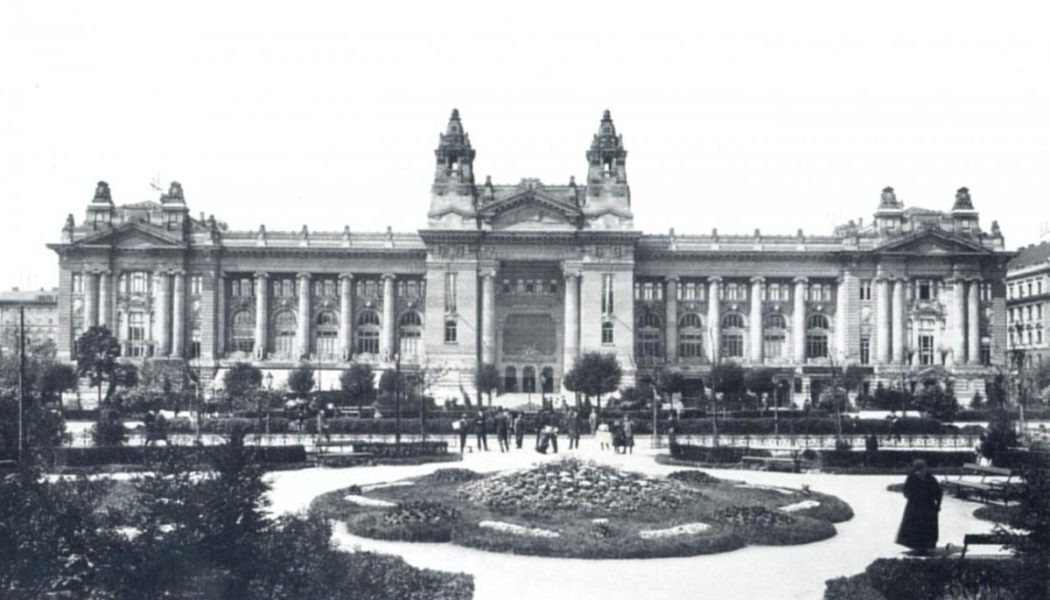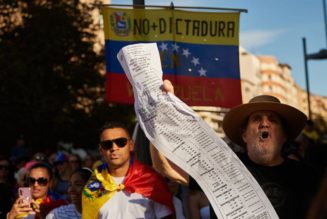
ROME – Although it’s a little difficult to remember right now, with the near-exclusive global focus on Putin’s war in Ukraine, the Vatican still has its own battle royale raging in the form of its “Trial of the Century.” The conflict pits 10 criminal defendants – including, for the first time, a cardinal – against prosecutors acting in the name of the pope, with the battlefield being the Vatican’s own civil tribunal.
The last act in that drama came on March 1, when the three-judge panel handed the prosecutors a major victory by dismissing basically all defense objections to the procedures being employed in the trial, clearing the way for moving on, after months of wrangling, to the evidentiary phase. Italian Cardinal Angelo Becciu, the pope’s former chief of staff and now the main defendant, is expected to take the stand soon.
Yet all is not good news, as the Vatican’s track record so far anytime its charges have gone before judges who don’t work for the pope isn’t quite as impressive. A recent setback in Hungary, in a case eerily similar to the London scandal at the heart of the current trial, is merely the latest example of the point.
Stop me if you’ve heard this one before.
Some years ago, the Vatican decides to invest a large chunk of money buying shares in an unused property in a swanky neighborhood in a major European city. The idea was to take a property that had fallen into disuse, convert it into high-end commercial and residential real estate, and reap significant profits from rental income. Yet the deal went horribly wrong, the Vatican took a bath, and came out insisting it had been criminally defrauded.
That, of course, is the story of the London deal which triggered charges by Vatican prosecutors against Becciu and the other defendants. By the time it was over, the Vatican’s Secretariat of State had invested around $400 million in an effort to buy a former Harrod’s warehouse in the upscale Chelsea neighborhood in London, but the affair ended badly and the Vatican lost millions. It now insists fraud was involved, blaming unscrupulous Italian financiers outside the Vatican as well as corrupt officials inside the system, despite the fact that details of all the transactions were fully approved by the Vatican’s top authorities, none of whom, aside from Becciu, have been charged.
Yet there’s another case out there which, as it turns out, was more or less the template for the London fiasco. In 2013, the Institute for the Works of Religion, the so-called “Vatican bank,” made an initial payment of around $19 million in a Maltese investment agency called Futura Fund, which transferred it to a subsidiary, which then used the cash to pay a Luxembourg-based real estate holding company, with the aim of acquiring the former home of the stock exchange in Budapest, Hungary, a building known as the “Budapest Palace.”
Just as in London, the deal went sour, the Vatican tried to back out, millions of Euro were lost and everyone ended up in court.
So far the Vatican Bank has sought relief in courts in Malta, Luxembourg and Hungary, alleging that Futura duped it about the real price of the Budapest deal and illegally siphoned off around $13 million. Every time, however, civil judges have ruled that the Vatican hasn’t met the requirements for such relief, because they’ve failed to demonstrate there was criminal fraud involved rather than simply poor money management.
The most recent such setback came last month in Hungary, where the Budapest-Capital Regional Court rejected an application from the Vatican Bank that would have blocked a Hungarian firm known as TKKFT, which now owns the Budapest Palace, from selling it to somebody else, which the Vatican argued would make it tougher to recover its investment. In its filing, the Vatican said it had been caught up in a “menacing web of intrigue and suspicious transactions.”
The court, however, held that the Vatican didn’t meet the contractual, proprietary, or corporate standards for the injunction, and actually ordered the Vatican Bank to pay TKKFT’s lawyers for their time.
A Futura spokesperson came out swinging.
“Futura strongly denies all wrongdoing, claiming that the investment was precisely performed in the very terms which had been openly discussed with, and fully approved by, [the Vatican Bank’s] own external advisors and top managers of the time,” a statement said.
The spokesperson noted that Cardinal George Pell, the Vatican’s former financial czar who spent 400 days behind bars in his native Australia before finally being cleared of sex abuse charges, wrote in his prison journal that a settlement on the dispute had been negotiated in 2017 but was blocked by Vatican authorities.
Maybe an analogy will help.
Some time ago, my wife and I were considering buying a property in Rome, and we put down a deposit. Later we changed our minds and lost the deposit, as we knew we would, because that was part of the contract we signed. Then the real estate agent for the owners demanded we pay the same amount again to compensate the owners for the lost opportunity, and I suppose, mental anguish, at which point we got a lawyer involved and never paid another centesimo.
What we didn’t do, however, was sue to get back the original deposit, because we knew we’d lose. What’s happening here, basically, is that courts are telling the Vatican they’re going to lose too, because their losses were part of perfectly legal deals they signed.
None of this bears directly on the present trial, but it does suggest a possible pattern – that the Vatican gets into bed with dubious financial brokers, signs agreements they propose, and ends up taking a bath. That’s frustrating, of course, but so far, most external judges who have looked at either the London or the Budapest deals have found little criminal about them.
We’ll see how things shake out when the Vatican trial resumes later this month.
In the meantime, deciding what to make of all this is a glass-half-empty or half-full exercise. Is it reassuring that, after long last, Pope Francis is directly challenging a Vatican culture that allowed all this to happen? Or, is it troubling that instead of directly confronting the ineptitude and lack of internal controls, the pope and his team appear bent on trying to criminalize what other courts have found to be a problem in sound financial judgment?
Follow John Allen on Twitter: @JohnLAllenJr
Join Our Telegram Group : Salvation & Prosperity


![The First Afterlife of Pope Benedict XVI [New York Times Paywall]…](https://salvationprosperity.net/wp-content/uploads/2023/01/the-first-afterlife-of-pope-benedict-xvi-new-york-times-paywall-327x219.jpg)





